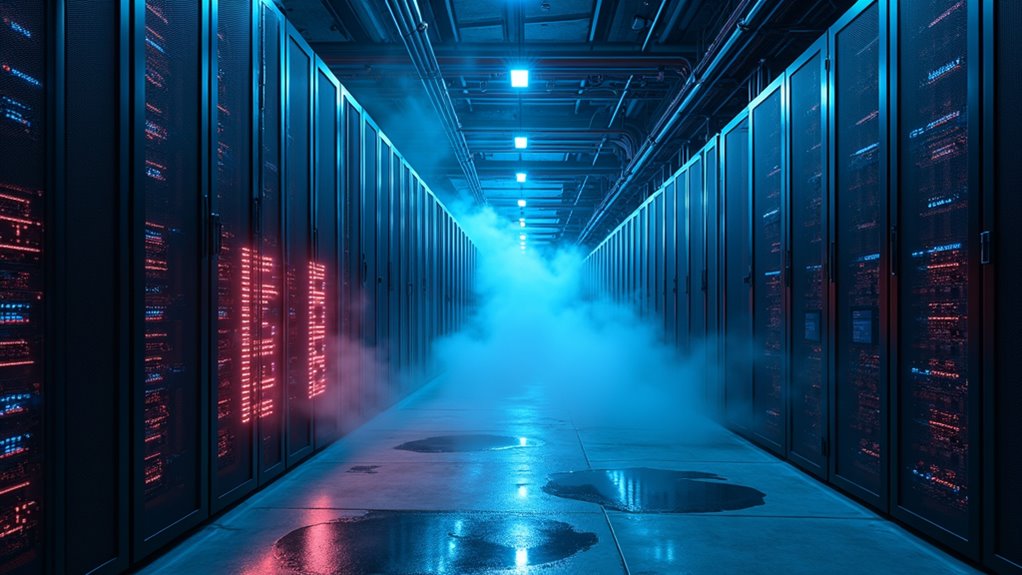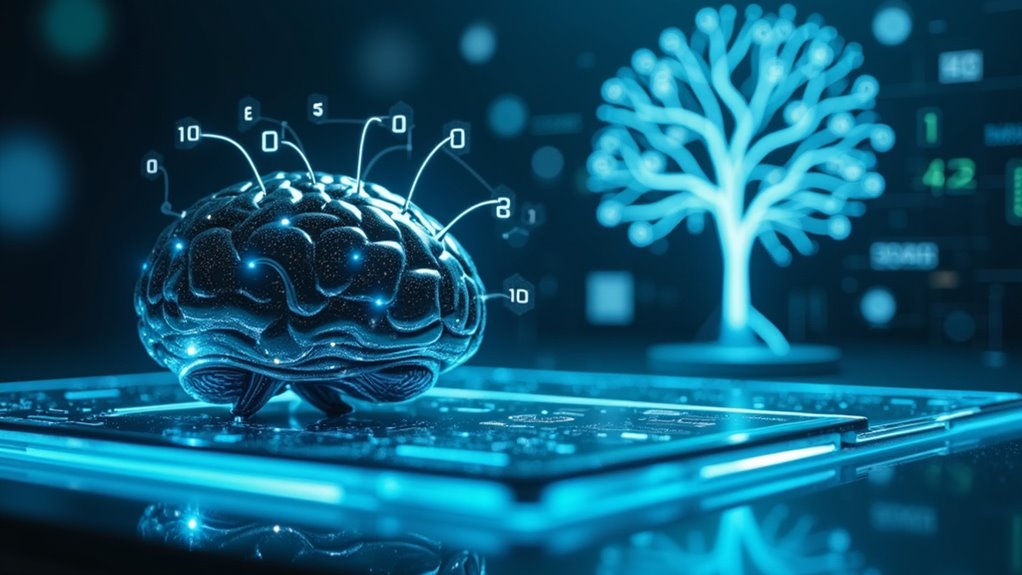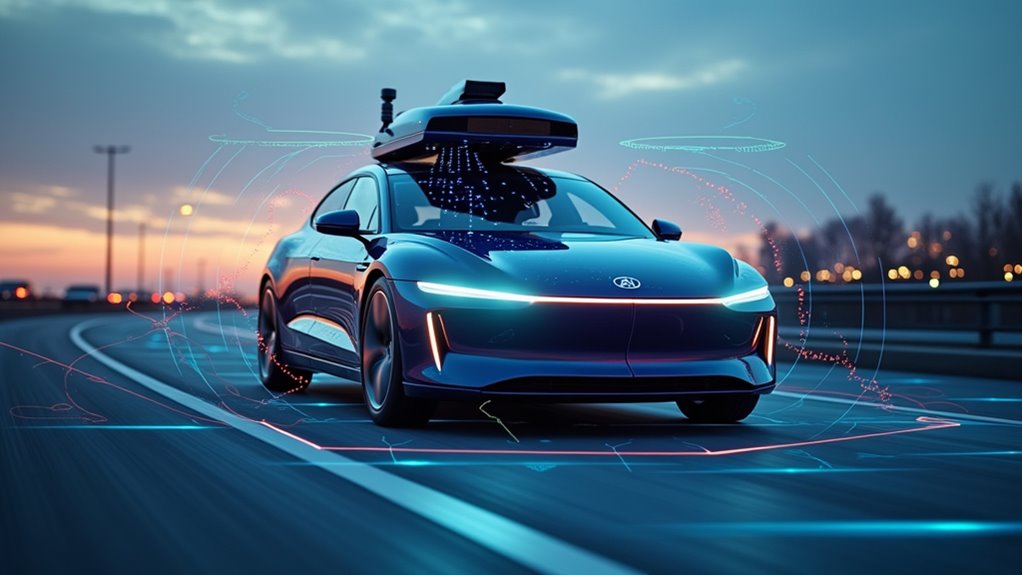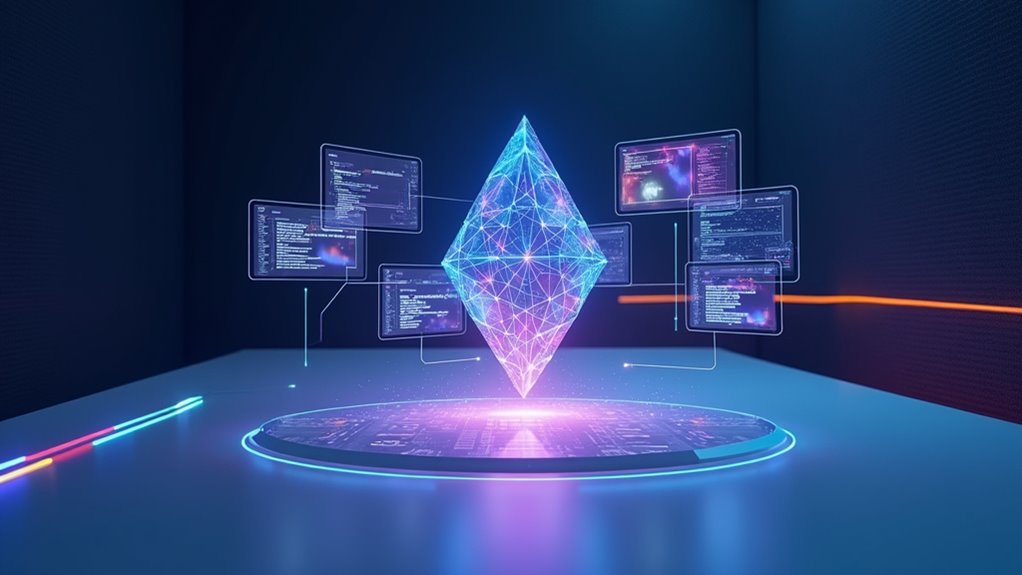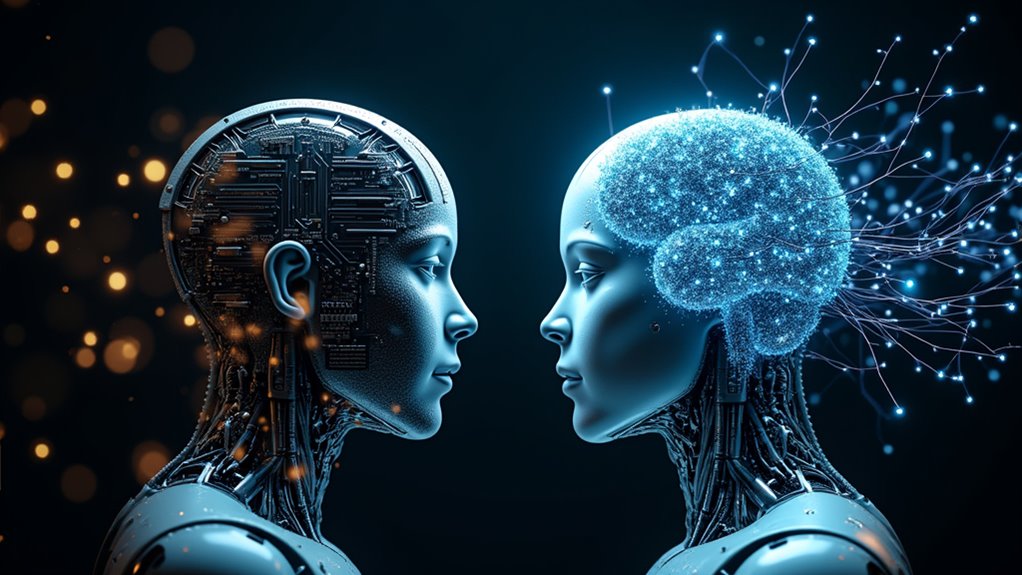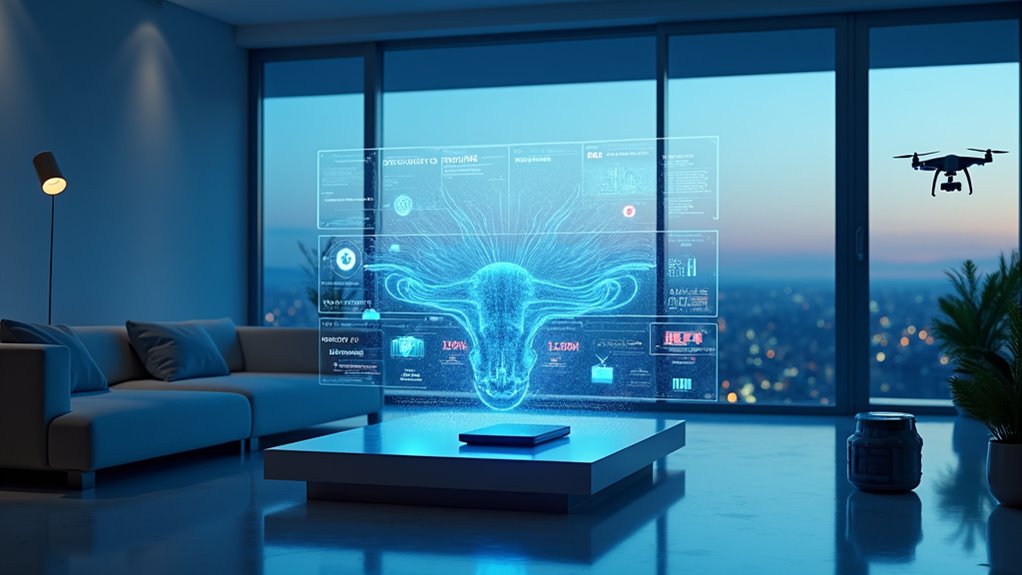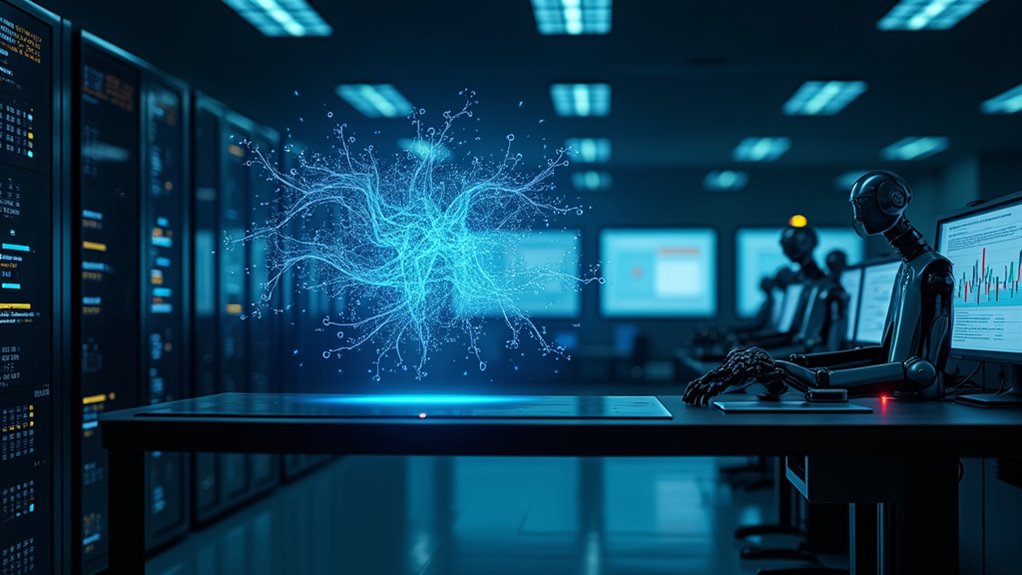Artificial Intelligence is ruthlessly efficient at eliminating jobs, with a staggering 300 million positions already wiped out globally by 2025. White-collar workers, once thought untouchable, are getting hit hard. Finance pros, customer service reps, and even lawyers are watching their careers vanish into the digital void. The tech tsunami isn’t slowing down either – it’s just warming up. Those who understand the AI revolution’s true scope might actually have a fighting chance.
While experts once predicted a gradual shift toward automation, the AI revolution has released a swift and merciless transformation of the global workforce in 2025. The numbers are staggering – with estimates suggesting AI could eventually replace up to 300 million jobs worldwide. And guess what? It’s not just factory workers anymore. White-collar professionals who thought their jobs were safe are getting a rather rude awakening.
Take the finance sector, where AI is chomping through financial modeling tasks like a hungry algorithm at a data buffet. Those fancy MBA graduates? They’re watching robots crunch numbers faster than they ever could. The industry faces up to 67% automation potential across various roles.
Wall Street’s new reality: AI systems devour financial data while MBA holders watch their million-dollar skills become obsolete overnight.
Customer service? Well, those chatbots never need coffee breaks or complain about Monday mornings. They’re taking over customer inquiries left and right, leaving human agents wondering what hit them. While these systems bring efficiency, experts stress the need for ethical guidelines to prevent algorithmic bias in customer interactions.
The legal profession isn’t immune either. Junior lawyers who once spent countless hours on document review are finding themselves outpaced by AI systems that can analyze thousands of pages in minutes. The American Bar Association reports a 25% cut in hiring at large law firms for entry-level positions.
Marketing strategists, once the creative masterminds behind campaigns, are now competing with AI that can analyze consumer behavior and craft strategies in seconds.
Administrative staff? Their jobs are vanishing faster than free donuts in the break room.
But it’s not all doom and gloom. The AI revolution is creating new jobs too – Machine Learning Engineers, Generative AI Engineers, and roles we probably haven’t even named yet.
The catch? These positions require skills in Python, TensorFlow, and PyTorch – not exactly something you pick up in a weekend workshop.
The reality is harsh but clear: by 2030, about 14% of the global workforce will need to switch careers entirely.
Meanwhile, governments are scrambling to address this shift, with initiatives popping up like the U.S. Department of Government Efficiency.
The irony? Even as AI drives economic growth through increased productivity, it’s creating a society where social mobility might become as rare as a smartphone-free dinner table.
Welcome to 2025, where the future of work isn’t just changing – it’s being completely rewritten by algorithms.

